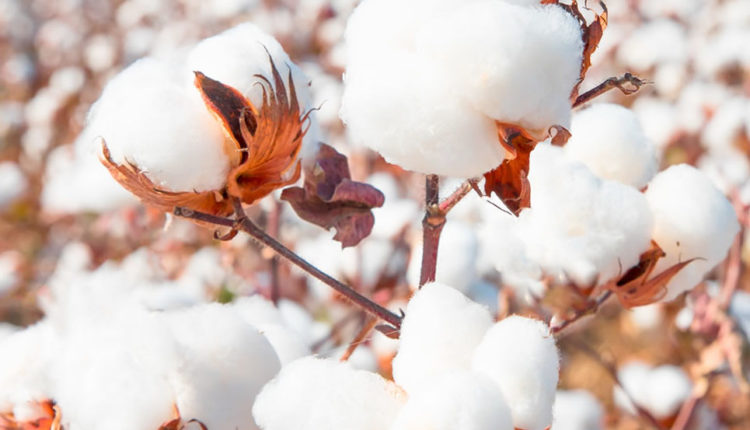This action follows a November 2022 visit to the United States by a technical delegation from Bangladesh’s Ministry of Agriculture, which verified that the US cotton production and pest management strategies, followed by cotton processing techniques—ginning, lint cleaning, and bale compression—that remove any risk of boll weevil in US cotton, according to a press release on Monday (22 May).
Bangladesh is the second largest global importer of cotton, the seventh largest export market for US cotton, exceeding $475 million in export value in 2022, and has one of the largest ready-made garment (RMG) export industries in the world.
Fumigation is a method of killing pests, termites or any other harmful living organisms to prevent transfer of exotic organisms. It is mostly done on completion of stuffing of cargo and closing the door of a container. Pre-shipment fumigation is asked for in most of the cases where wood materials are used for packing export goods. Regulations of some countries insist on fumigation of cargo by the supplier and producing fumigation certificates along with other export documents.
Previously, the fumigation requirement effectively imposed a delay in the delivery of US cotton, and Bangladeshi importers paid over a million dollars annually in fumigation costs on US cotton.
Allowing high-quality and sustainable US cotton to move smoothly through the supply chain will save the Bangladeshi RMG sector significant time and money.
“Working together with Bangladesh to solve this issue is a great example of how our two countries can collaborate to increase prosperity and remove trade barriers,” said US Ambassador to Bangladesh Peter Haas
He added, “Bangladesh needs high-quality US cotton to fuel its growth and increase its foreign exchange earnings, while American consumers rely on sustainable, high-quality garments produced in Bangladesh.”
Bangladeshi Minister Agriculture Muhammad Abdur Razzaque also welcomed the move.
“The Bangladesh Ministry of Agriculture looks forward to continuing to collaborate closely with the United States Department of Agriculture on combatting the climate crisis, developing innovative technologies, and ensuring food security, both in Bangladesh and around the world,” he added.
Over the last 22 years, the US government, in cooperation with the US cotton industry, has continually negotiated with the Bangladesh government to remove this fumigation requirement.
Earlier on 8 May, US Ambassador Haas told The Business Standard, “Bangladesh is going to offer the USA revocation of the double fumigation of its cotton, and seek duty and quota-free US market access, according to officials.
“Although we are very close on cotton fumigation, it is still not a done deal – we are still waiting for one final agreement by the government of Bangladesh, which we think will come. It will be a great advantage for US cotton exporters, who have the best cotton in the world.”
“I have been in conversations, I met with BGMEA, so I know that Bangladesh would like to be able import US cotton, manufacture textiles and re-export it to the United States duty-free. One of the things that I have been encouraging Bangladesh is that it requires an actual change in US law, which in any democracy – getting a change in law – is never easy. But what I have talked to Bangladesh about is really starting to work with our Congress in figuring out how to get that law changed. Then again, the amazing thing is that we are still the largest market for Bangladesh exports so it’s done a remarkable job in remaining very, very competitive in our market,” he further said.
On 9 April 2022, Bangladesh was planning to offer the USA revocation of the double fumigation of its cotton, and seek duty and quota-free US market access, according to officials.
The proposal incorporated importing cotton from the US without purifying it at Chattogram port for the second time, and especially exporting the apparel made from the cotton to the US market.
Though the US fumigates the cotton before shipping it to any country, Bangladeshi laws require purifying the import further at the port – which the local businessmen term an “unnecessary” measure “only to raise” their production cost.
Terming the second time fumigation a non-tariff business barrier, the US was pressing the government to cancel it.







